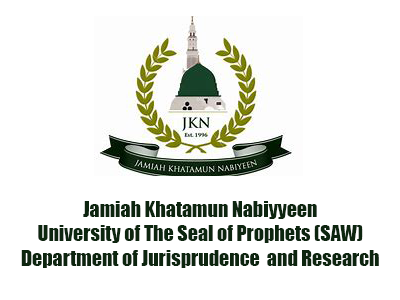24th August 2018
السلام عليكم و رحمة الله و بركاته
Question: If someone didn’t have a good relationship with their parents and both of their parents have passed away then what can the child do for their parents now to make things better?
الجواب حامداًَ و مصلياًَ
In the name of Allah, the Most Gracious, the Most Merciful
Answer
The most paramount of good deeds in the sight of Allāh Almighty after worshipping Him is being dutiful towards one’s parents whether in the state of happiness or in reluctance. There could be many reasons as to why you didn’t have a good relationship with your parents so, what I would primarily suggest you to do is to reflect on the nature of your personal relationship with them. If you are at fault then seek sincere forgiveness from Allāh Almighty for your shortcomings in regards to their rights. Nevertheless, this does not mean that by mere seeking forgiveness you become absolved from your responsibilities. Islām has set guidelines of how to honour them even after their death. Sayyidunā Mālik Ibn Rabi’ah as-Sa’di radhiyallahu anhu relates that we were once seated around the Messenger of Allāh sallallahu alayhi wasallam when suddenly one man from Bani Salmah (a name of a particular tribe) came and asked, “O Messenger of Allāh sallallahu alayhi wasallam! Is there any act of kindness towards my parents remaining which I can do even after their death?” He said, “Yes! Praying for them, seeking forgiveness for them, fulfilling their oaths after their death, to join ties with relatives because (your) relationship was not established (with them) except through them (parents) and to honour their friends.” (Abū Dāwood)
The above Hadeeth hopefully answers your query as to what you and your other siblings must do after the demise of your parents. May Allāh Almighty forgive your parents and grant them Jannatul-Firdaws, Āmeen.
[Allāh Knows Best]
Written by (Mufti) Abdul Waheed
Answer Attested by Shaykh Mufti Saiful Islam
JKN Fatawa Department

